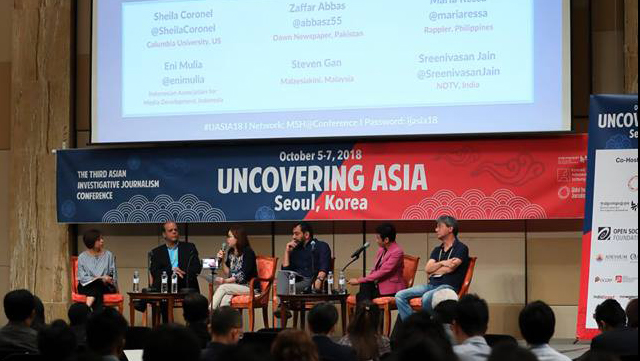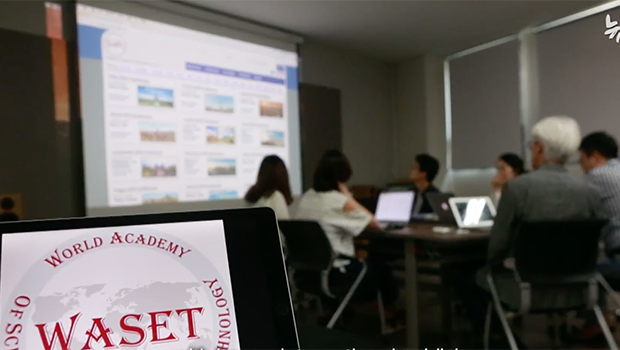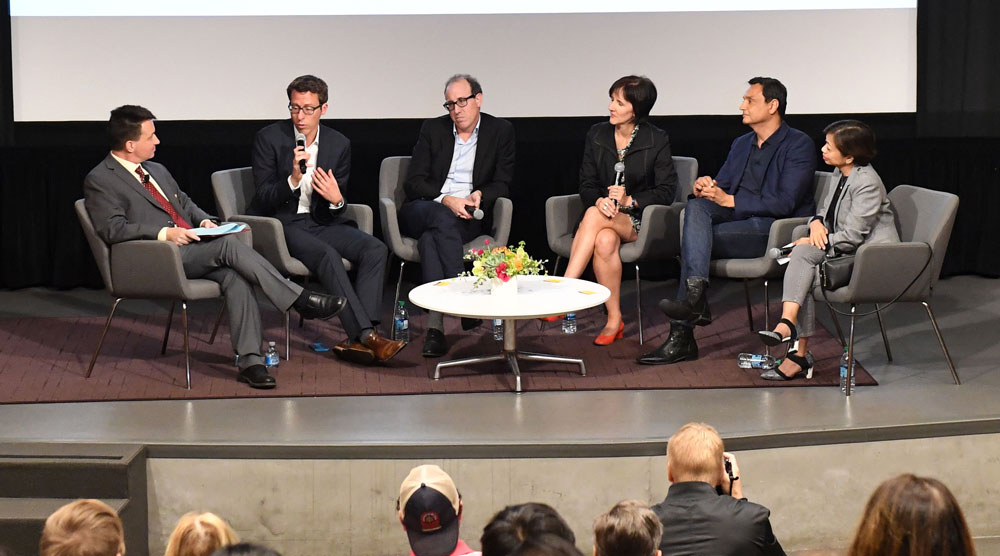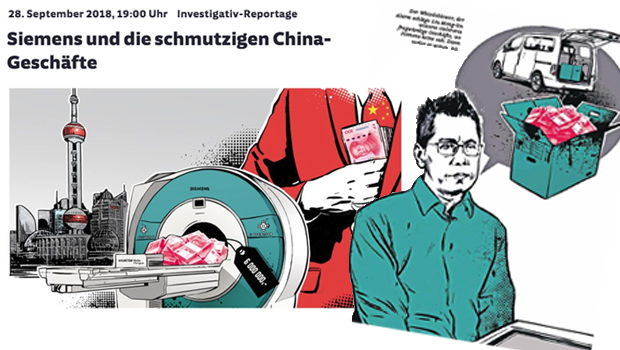From the ongoing fight for press freedom and unjust imprisonment of colleagues to the latest investigations and podcasts, the Uncovering Asia 2018 conference covered vital ground.
The conference, attended by more than 400 journalists and hosted by the Global Investigative Journalism Network, the Korea Center for Investigative Journalism (Newstapa) and the Konrad-Adenauer-Stiftung, aims to help reporters develop skills, create networks and support watchdog journalism.
All of ICIJ’s favorite journalism topics (and quite a few of our members) were prominently featured, from accountability journalism to data analysis, source protection and cross-border collaboration.
These highlights are but a snippet of GIJN’s comprehensive coverage of the three-day event in Seoul earlier this month.
And we’re off @gijn #IJAsia18 in Seoul with 440 journalists from 48 countries! pic.twitter.com/dCxCApHG84
— Tanya Pampalone (@tanyapampalone) October 5, 2018
Tell the story that needs to be told
That’s one idea from a group of reporters who face threats in their day-to-day work. ICIJ’s Pakistani member Umar Cheema was kidnapped and tortured in 2010 after writing articles critical of the country’s military, but instead of allowing the attack to silence him, he spoke out about his ordeal and stood by his reporting:
“I did a good job! It was worth it!” he told the crowd. “They didn’t want me to talk about what they did. But that was the first thing I did afterwards. Otherwise, they would have threatened me over a lifetime.”
They have six tips basic protection measures against threats and harassment.
More investigations to check out
This list wouldn’t be complete without a callout to the other great investigative projects going on right now. Our top pick is from ICIJ’s Korean partners, Newstapa, who recently exposed the world of fake scientific conferences.
You can also read our wrap of the #FakeScience investigation here.
Tips from the pros… for everybody!
Wondering what MOJO is? (It’s worth finding out.) Perhaps you’d like to follow some ships and supply chains? Or verify sources?
Who needs conference swag, when you can take home this amazing page of tipsheets? And if you want a succinct version you can catch the TL;DR version.
I would recommend this one, about how to start an investigative podcast. Maybe ICIJ can follow it soon!
Radiation levels (data) in Tokyo
It all started with the tuna fish, said Yoichiro Tateiwa, the executive editor of Japan Center for Money and Politics.
Tateiwa used United States government data to expose the ionizing radiation levels for Tokyo on the day of the 2012 Fukushima disaster. The Japanese government still disputes his findings, despite being presented with the data. “It is amazing what data can tell you,” he told the conference audience.
You can also read his full report here.
Music for your ears, and information too
Here are three podcasts you “need in your life” according to the experts from Uncovering Asia. We’ve added all three to our playlist!
Security for you, me, and our sources
Digital security expert Chris Walker has four handy (and relatively easy) tips for anyone wanting to protect themselves online.
Tracking China
Clearly, this one piqued the interest of many reporters…
Packed room for “Tracking China Business” at #IJAsia18 pic.twitter.com/NVYgQ7dLcq
— Khairil Yusof (@kaerumy) October 5, 2018
And why wouldn’t it? Chinese investments reach all corners of the globe, so these tips and resources on how to track them and ‘follow the money’ are invaluable.
‘Responsibility is bigger than fear’
With this message Malaysian cartoonist Zulkiflee Anwar Ulhaque, aka Zunar, encouraged a room full of reporters to “keep fighting” for freedom of expression.
He also seemed popular with the crowd…
If you want to beat dictators, keep laughing at home. @zunarkartunis at #IJAsia18 pic.twitter.com/6PnlJPmeI0
— Devjyot Ghoshal (@DevjyotGhoshal) October 6, 2018
Journalism is not a crime
As we’ve reported, the world is an increasingly dangerous place for journalists. Two Reuters reporters Wa Lone and Kyaw Soe Oo were jailed in Myanmar earlier this year. Prosecutors have used the rarely-invoked Official Secrets Act to charge them with obtaining documents relating to the Rohingya persecution crisis.
Conference attendees called on governments across the world to fight for their freedom.
Nearly 440 journalists from 45 countries called on the Myanmar gov’t to immediately free Wa Lone and Kyaw Soe Oo, two brave Reuters reporters unjustly sentenced to 7 years in prison for “simply for doing their crime of exemplary reporting” on Rohingya mass killings #IJAsia18 pic.twitter.com/PjLg1MNuoA
— Feona Imperial (@FeonaImperial) October 6, 2018




